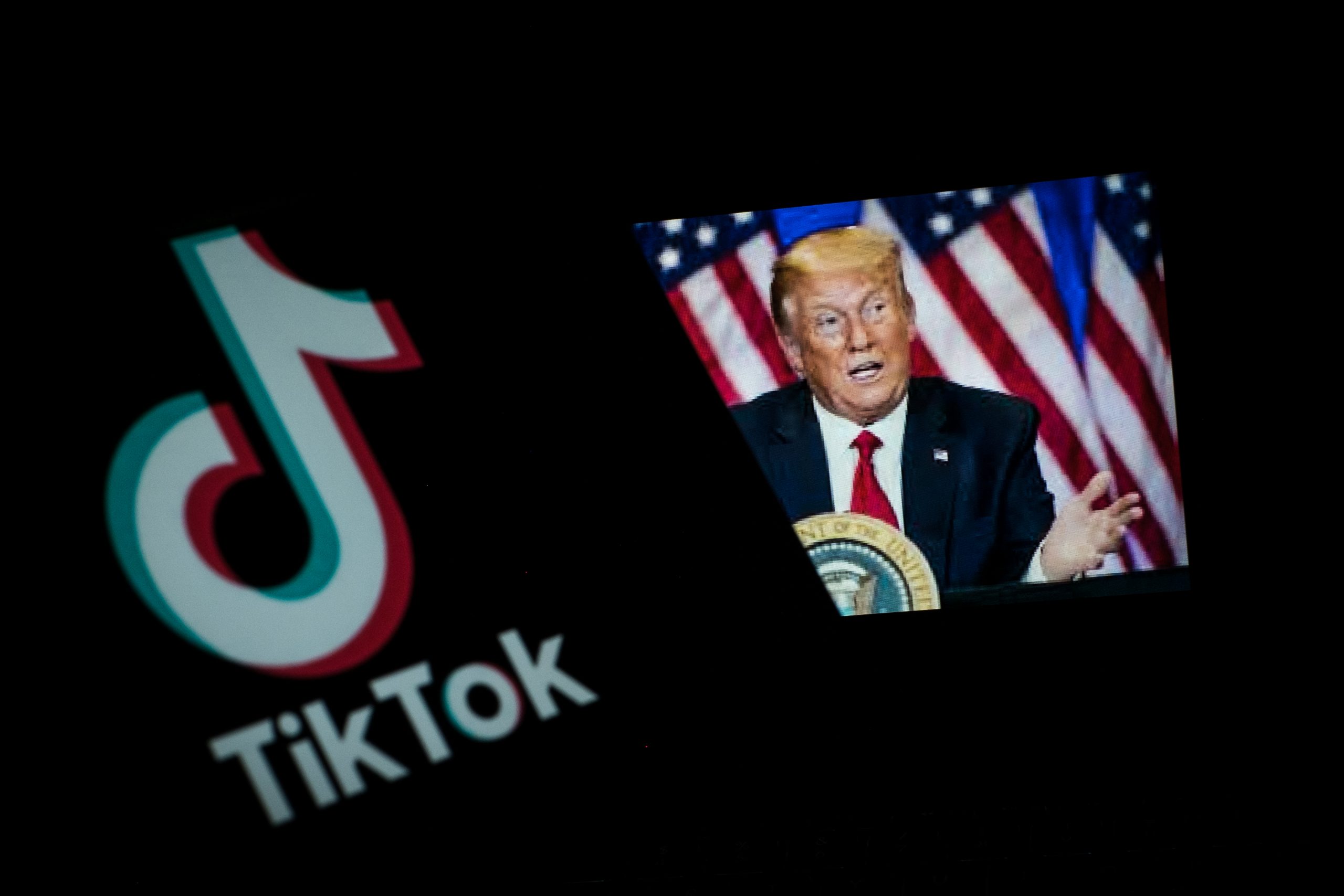The teen-dominated video service TikTok, which began as a lip-synching app, has emerged in the last couple years as arguably the most powerful hit-making force in popular music. You can thank it for the rise of "Old Town Road," Lizzo, Doja Cat, and many others. It has thrust anonymous indie acts like SALES to far wider popularity and excavated past hits by the likes of Matthew Wilder. It's an entrenched part of the new music marketing ecosystem now, with artists, labels, and managers are openly paying influencers on the platform to promote songs in the hopes of making them go viral.
However, some people -- including prominent government officials in the US and India -- also suspect the Chinese government is using TikTok to collect data on Americans via the app's Beijing-based parent company, ByteDance. Last month President Donald Trump ordered TikTok to sell its US operations to an American company, which led to a pending deal with Oracle and, potentially, Walmart. But that's far from confirmed, and in the meantime, it seems Trump is taking his anti-TikTok offensive to new heights.
The Financial Times reports that a new executive order today will ban TikTok from US app stores starting this Sunday. WeChat, another ByteDance-owned app, will also be banned. Speaking on Fox News, US Commerce Secretary Wilbur Ross said WeChat would essentially be banned in the US right away, while TikTok users will be able to keep using the app until Trump's Nov. 12 sale deadline, but without access to new software updates.
Although Trump argues that TikTok potentially allows China to track federal employees and build dossiers for blackmail and corporate espionage, FT quotes Georgetown professor and former Barack Obama adviser Evan Medeiros objecting to that claim: "They simply say that the potential to collect Americans’ data is a national security risk but provide no evidence."






